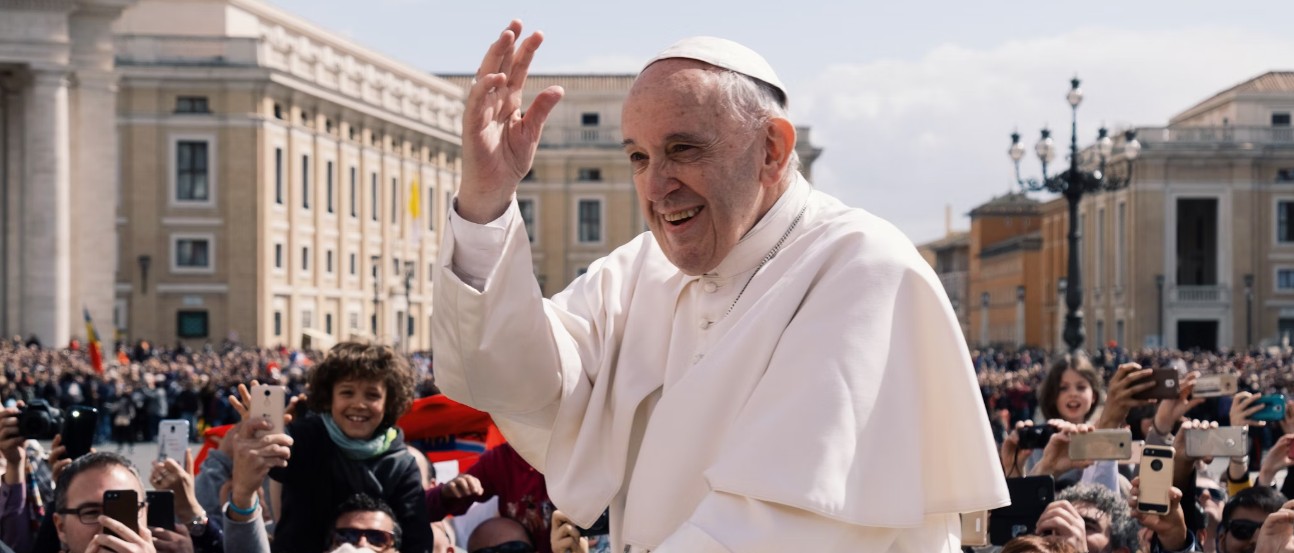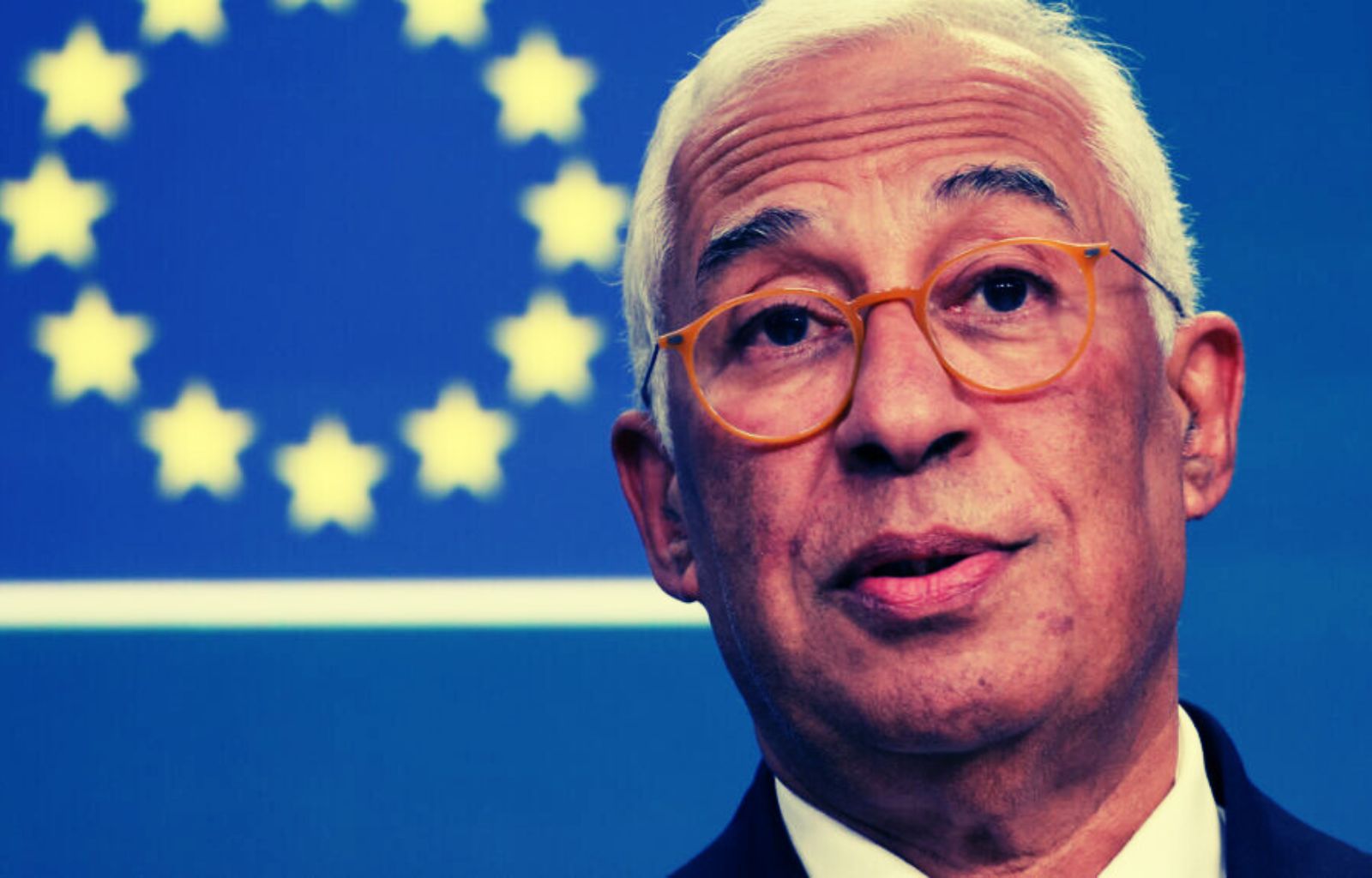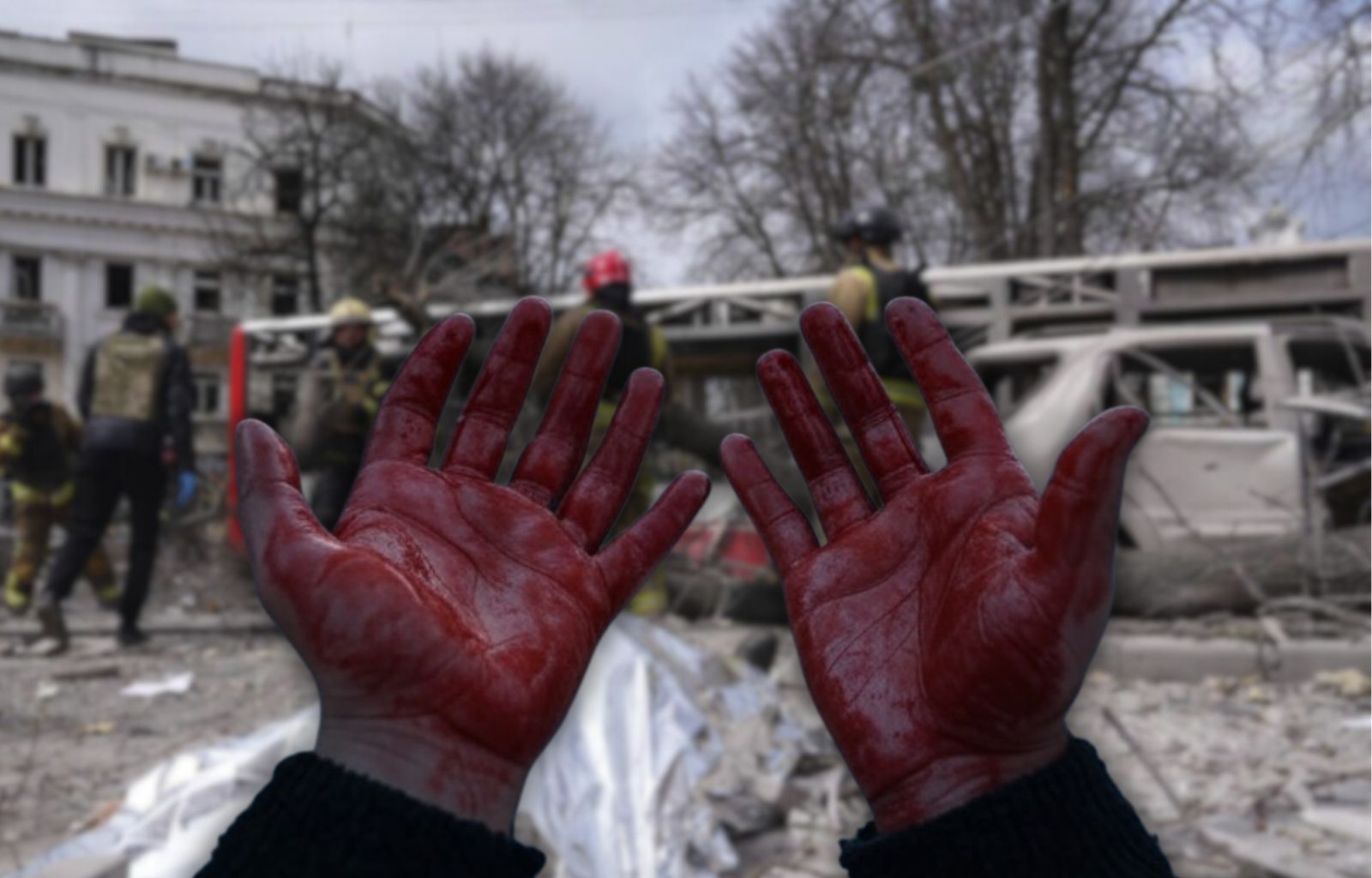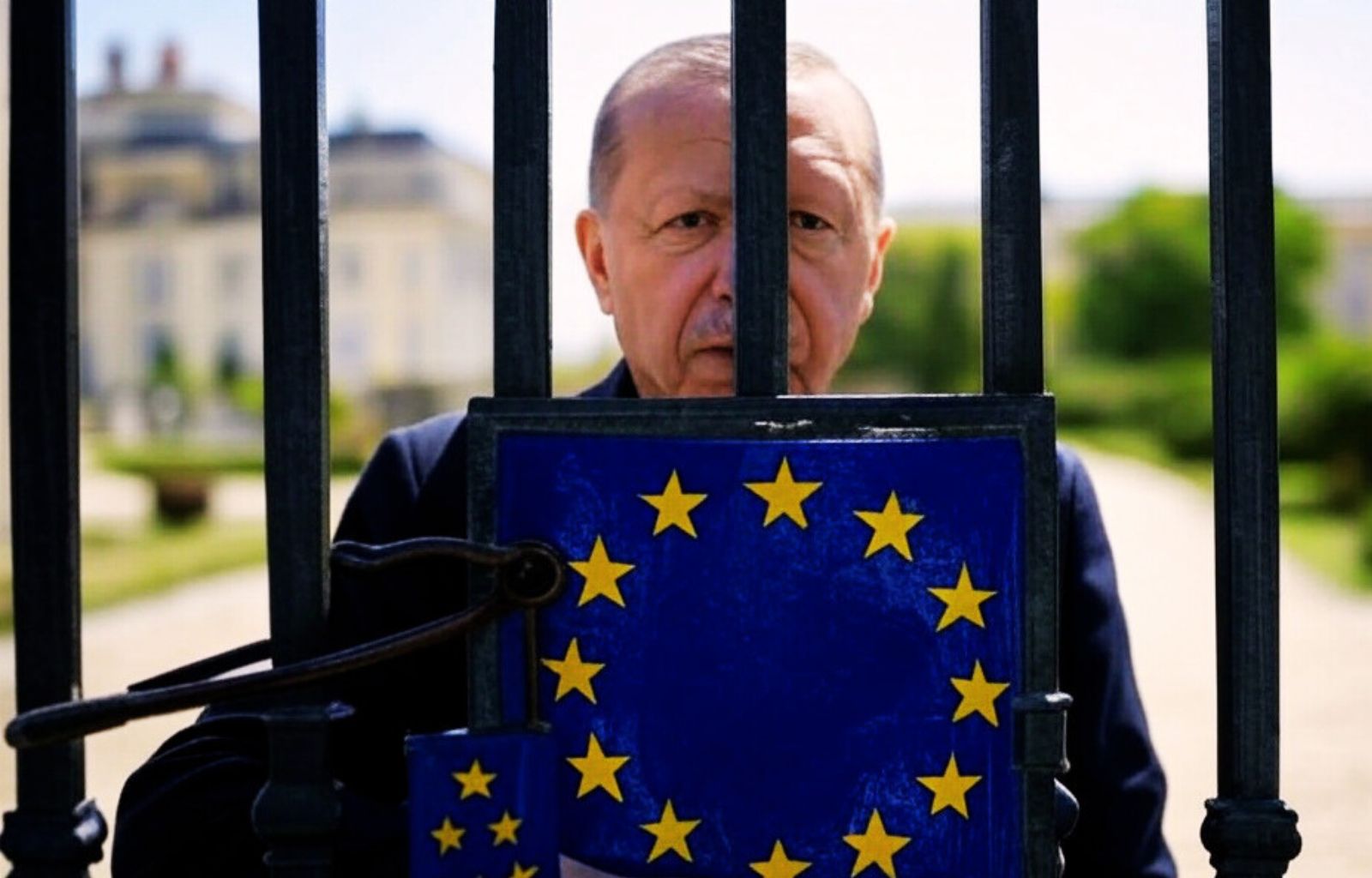The peace proposal is Trump’s surrender: today Ukraine’s security is only a European affair
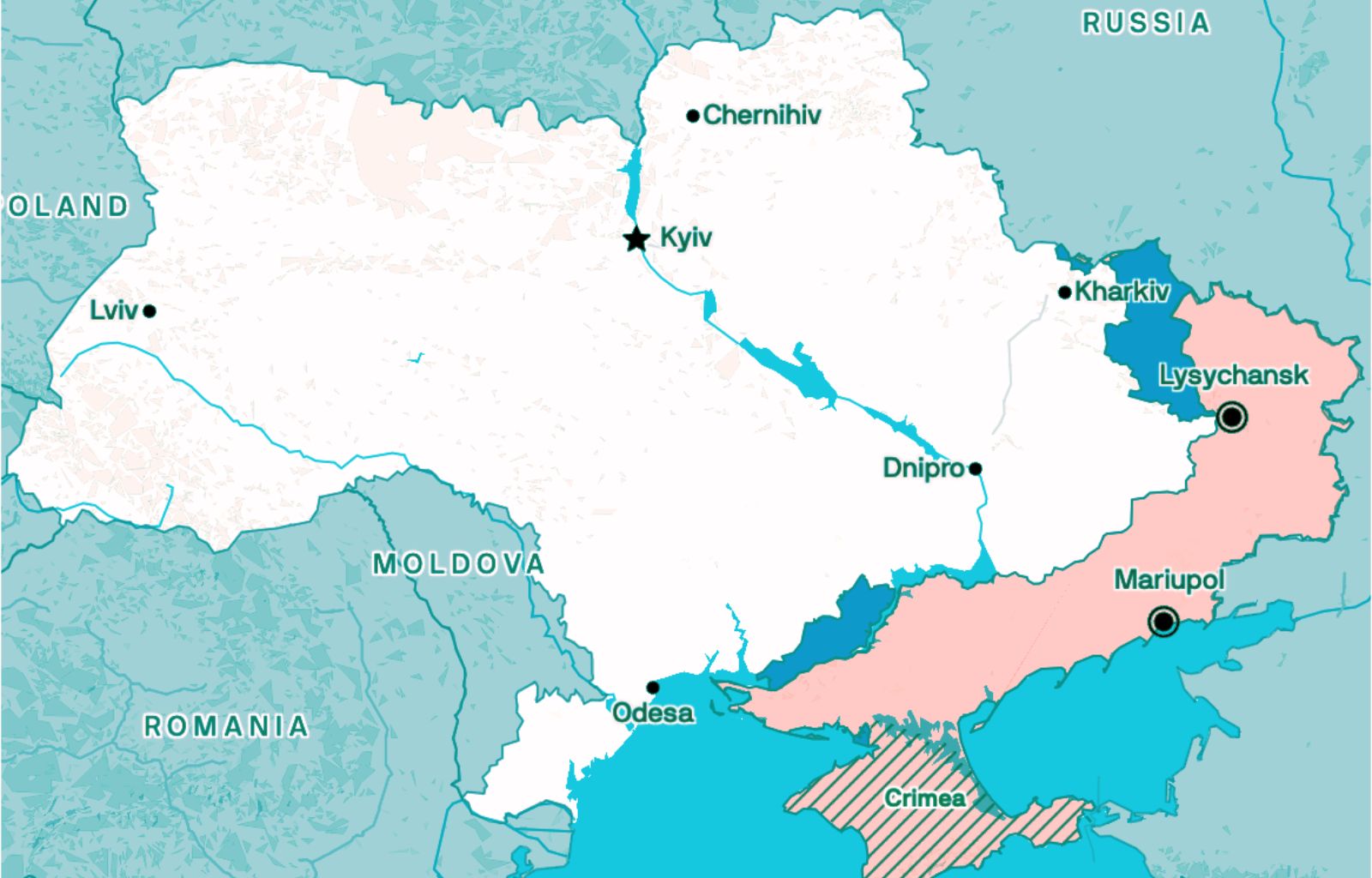
In the last few hours, a draft US proposal for peace in Ukraine has been leaked that, if confirmed, would represent a turning point – and not a positive one. Presented as the Trump administration’s ‘final offer’, the proposal consists of a one-page document that seems to almost entirely satisfy the Kremlin‘s demands, leaving Ukraine with vague promises and flimsy guarantees. It is a text that, beyond appearances, sounds like a disguised surrender: the American surrender. And which forces Europe, now more than ever, to decide whether it wants to count in history or suffer it.
Concessions to invaders
In detail, the proposal recognises de jure the Russian annexation of Crimea and de facto Moscow’s control over almost all occupied areas from 2022, including large portions of the Luhansk, Donetsk, Kherson and Zaporizhzhia oblasts. It is also promised that Ukraine will not join NATO, fulfilling one of the Russian president’s most historic and stated demands. The possibility ofEU membership is mentioned generically.
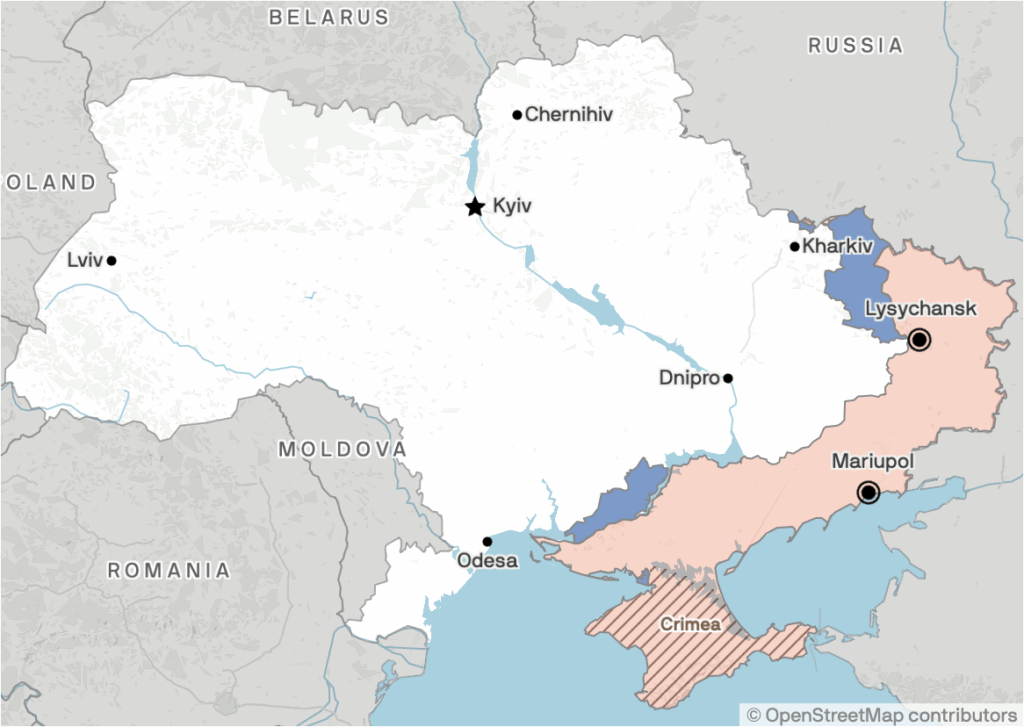
In return for peace, Russia would also be offered the removal of Western sanctions imposed since 2014, as well as renewed economic cooperation with the United States, particularly in the areas ofenergy andindustry. In essence: Russia would be guaranteed what it has won by force, and then some.
The (vague) promises to Ukraine
And Ukraine? In return, it would have to accept an imposed peace in which its territorial and strategic losses are practically legalised. The document speaks of ‘robust security guarantees’ offered by an ad hoc group of European and other ‘like-minded’ countries, but without any direct US commitment. The modalities of the presence of an international peacekeeping force on the ground are not specified, and the document contains no mention of American troops.
On the territorial front, there would be the return of a small portion of the Kharkiv oblast, now occupied by the Russians, and free passage over the Dnipro river, which in some areas forms the front line. As for reconstruction, there is talk of compensation and financial assistance, but without clarifying where the funds will come from.
Among other controversial elements: the Zaporizhzhia nuclear power plant, the largest in Europe, would officially remain on Ukrainian territory but would be operated by the US, supplying electricity to both countries. Furthermore, the document refers to a mining agreement between the US and Ukraine, which President Trump said would be signed on Thursday.
A further element of fragility of the US proposal is its deep disconnection from the institutional reality of Ukraine, a pluralist parliamentary democracy, unlike Russia. Such an agreement, with these conditions, would have no guarantee of being approved by the Verkhovna Rada, yet the US Administration seems to be casually ignoring it. Instead of protecting Ukrainian democratic processes in the negotiations – as one would expect from one democracy to another – it is helping to turn them into a burden on the shoulders of President Zelensky alone, exposing him to hardly sustainable internal pressure and potentially dangerous delegitimisation.

The need for a European response
It is clear that this proposal, which came after a four-hour meeting between Trump’s envoy and Vladimir Putin, reflects an approach that is accommodating towards Moscow and short-sighted towards Kyiv. What is even more serious, however, is that it explicitly shifts the responsibility for Ukraine’s future security onto Europe, while Washington prepares to pull out.
We can no longer turn a blind eye. Europe is already Ukraine’s biggest donor and military supporter (more than the US itself in aggregate terms) and must realise that the time for illusions is over. If Ukraine is to survive as a free state, it will be thanks to the Europeans. If theinternational order is to be preserved, it will be up to theEuropean Union to guarantee it.
Towards a common defence
This crisis requires us to accelerate decisively towards a genuine common defence policy. The Union must equip itself with credible military instruments, a unified command, an autonomous strategic doctrine. Not to replace NATO, but to finally make it analliance of equals and to protect the freedom of Europeans. We can no longer afford to delegate our security – and that of the entire continental civil space. If the United States chooses to move backwards, Europe has a moral and historical duty to move forward. For Ukraine. And for ourselves.

